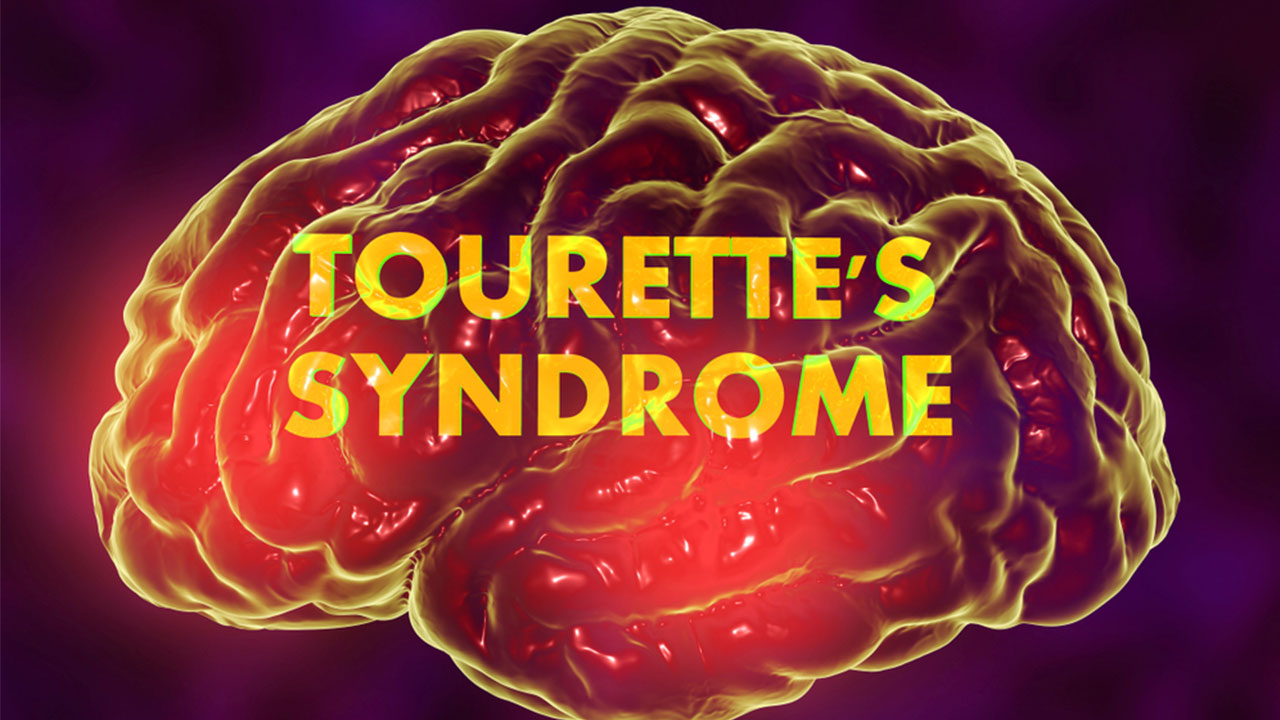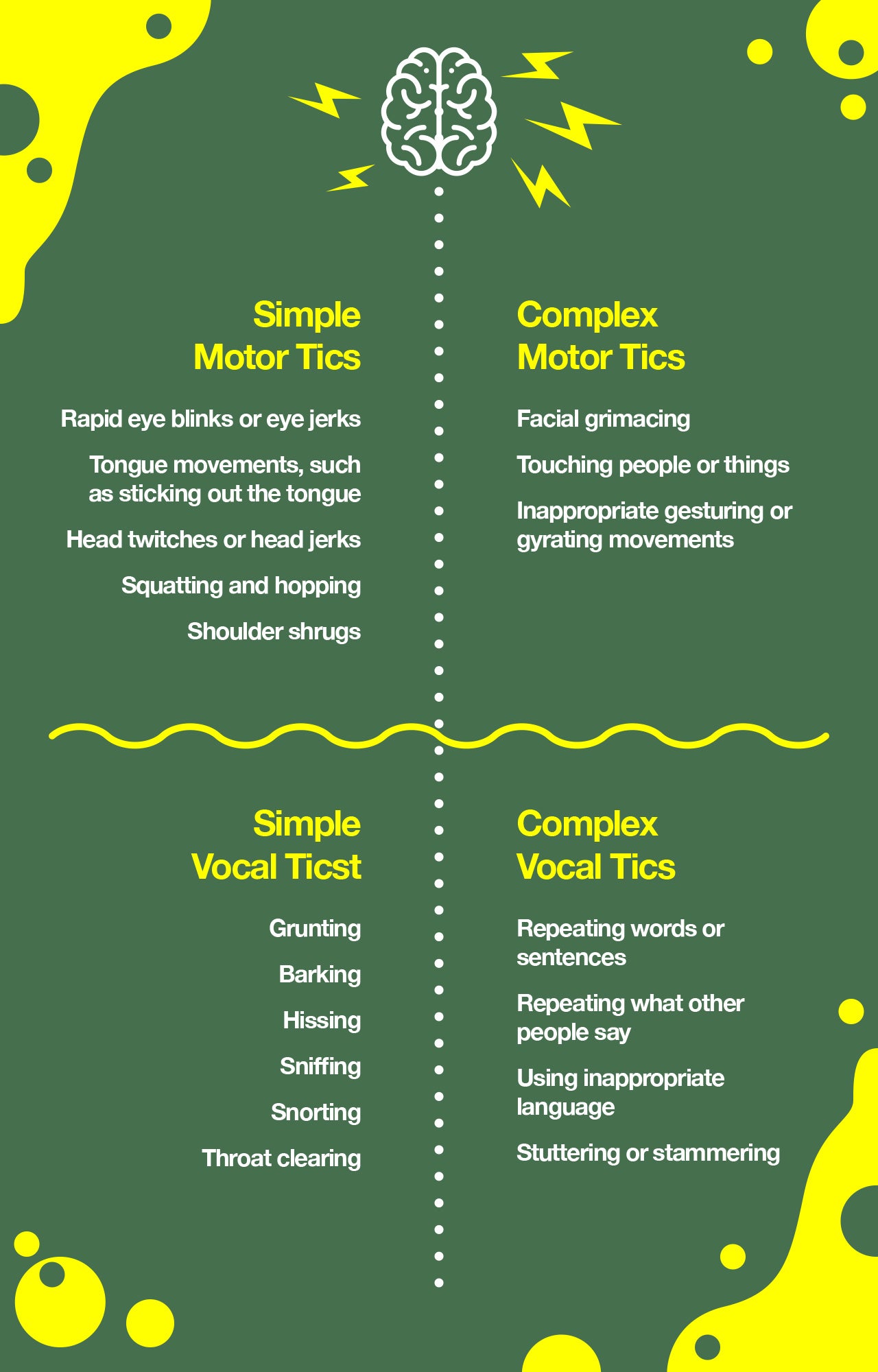Tourette Syndrome: Dispelling the Myths
 By: by Amino Science
By: by Amino Science

A type of tic disorder, Tourette syndrome (TS) causes sufferers to experience involuntary, repetitive movements and vocalizations. Typically developing during childhood, Tourette’s is one of a group of neurodevelopmental conditions called tic disorders, marked by the types of tic present—usually motor, vocal, or both. To receive a diagnosis of Tourette syndrome, individuals must have experienced at least two motor tics and one vocal tic lasting more than a year.
While most people know little about this condition, Tourette’s is not uncommon. In fact, 1 in 160 kids between 5 and 17 has a TS diagnosis. Understanding the symptoms of Tourette’s can help ensure you or your loved one is diagnosed early, so you can get the tools and treatment needed to maximize the quality of life.
Tourette’s Symptoms
According to the National Institute of Neurological Disorders and Stroke, motor and vocal tics are the primary symptoms associated with this condition and vary from one patient to the next. Common motor tics include eye blinking, jaw movements, facial grimacing, arm or head jerking, shoulder shrugging, and neck stretching. Individuals with vocal tics may experience chronic sniffing, throat clearing, shouting, or grunting.
While TS patients whose vocal tics involve cursing or saying inappropriate words tend to gain more attention in the public eye, in reality, this tic symptom occurs in just 10% to 15% of cases. Approximately 200,000 Americans have the most severe form of Tourette's, while 1 in 100 are afflicted with more mild tic symptoms.
While motor and vocal tics can occur at any time, they are often worse when patients are experiencing anxiety or stress. Additionally, certain sufferers experience more intense tics as a result of physical experiences, such as wearing tight clothes. Tics can also happen while patients are asleep, though they are usually less severe.
Although the tics associated with TS are involuntary, with time some patients are able to reduce or suppress them. However, TS patients often note that suppressing tics can lead to a buildup of tension that may result in worsening symptoms.
What Causes Tourette Syndrome?
No one knows the exact cause of TS. However, new research suggests that brain abnormalities in the basal ganglia, frontal lobes, and cortex may be to blame. Studies show that TS patients may suffer circuitry problems and issues with the neurotransmitters that facilitate nerve cell communication.
Some researchers believe that TS has a genetic component, though environmental factors may play a role. The condition may also be more common in children who are born prematurely.
Tourette's typically manifests between 3 and 9 years of age. The National Institute of Neurological Disorders and Stroke puts all ethnic groups at risk for TS, but notes elevated risk for males, who are 3 to 4 times more likely than females to have Tourette's.
Many patients find that symptoms of Tourette's are more severe in childhood and adolescence and tend to decrease with age. Still, without treatment, the vocal and motor tics associated with TS can cause severe disruption to daily life, interfering with work, school, and social activities.
Symptoms of Tourette's
Tic symptoms range from simple tics to complex tics. Simple motor tics, like nose twitching, affect one muscle group or body part, while complex motor tics involve more than one muscle group or are a combination of simple motor tics. Simple vocal tics, like throat clearing, are basic sounds made by moving air through the nose or mouth.

Tourette Syndrome Treatment
You don’t have to endure TS tics in silence. If you or a loved one is suffering from Tourette syndrome, it’s important to know that help exists.
Medication is one of the most common treatments for Tourette’s. Not only can certain drugs help reduce involuntary movements and tics, but medications may also be recommended to treat related conditions, such as attention deficit hyperactivity disorder (ADHD), learning disabilities, or obsessive-compulsive disorder (OCD). Some frequently prescribed medications include Haldol, Botox, and Ritalin.
While drugs are unlikely to eliminate motor and vocal tics all together, they can have a profound effect on TS patients’ quality of life.
It’s important to note that patients may have to try multiple medications before they find one that’s successful in treating their Tourette’s. Some of the common TS drugs also come with serious side effects, including weight gain, muscle stiffness, fatigue, restlessness, and social withdrawal. For this reason, treating TS effectively is often a balancing act.
For those with difficult-to-treat tics, deep brain stimulation is being investigated as a possible treatment option. It involves the implantation of a battery-operated device into the brain to stimulate the regions responsible for movement. Another method of deep brain stimulation is the implantation of electrical wires into the brain to awaken these areas. Always discuss the risks and benefits of neurological treatments with your doctor.
People with Tourette’s may benefit from behavioral therapy. While this treatment method isn’t a cure, it can help reduce the severity and frequency of tics that patients suffer. By identifying what activities and behaviors trigger certain tics, and determining when tics are about to occur, patients may develop a better ability to control them.
The Tourette Association of America offers support and resources for people with TS and their family and loved ones.
Amino Acids and Tourette’s
Although medication and therapy are the primary treatments for Tourette syndrome, new research suggests that amino acids could play a role in helping to alleviate this condition. According to a study out of the University of Nottingham, researchers believe that the brain neurotransmitter GABA (gamma-aminobutyric acid) may help alleviate the severity of tics. GABA works by blocking nerve transmission. According to some studies, brain scans of TS patients showed 50% less GABA than was present in healthy individuals. Glutamic acid is an amino acid that plays a central role in the synthesis of gamma-aminobutyric acid.
If you have been diagnosed with Tourette’s or another tic disorder, talk to your doctor to see if you might benefit from adding amino acids to your diet.

Up to 25% off Amino
Shop NowTAGS: conditions
Join the Community
Comments (0)
Most Craveable Recipes




 833-264-6620
833-264-6620



















